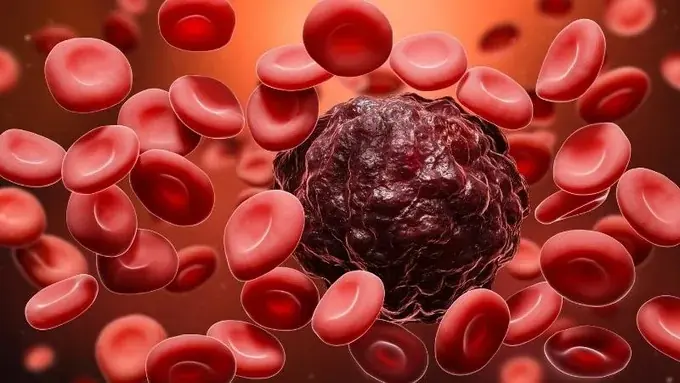
Do you belong to these 4 types of people? You should know now.
Cucumbers are light, refreshing, and hydrating — but not everyone’s body reacts to them the same way. For some groups of people, raw cucumbers may trigger digestive issues, allergic reactions, or other health concerns. Below are four groups who should avoid or limit raw cucumber intake, along with practical tips to stay safe.
1. People With Sensitive Guts or Irritable Bowel Syndrome (IBS)
Why:
Cucumbers contain insoluble fiber (cellulose) in their skin and seeds, and they may also have bitter plant compounds known as cucurbitacins. While these are harmless for most people, they can be troublesome for those with IBS or sensitive digestion. Such components may:
-
Irritate the intestinal lining and speed up bowel movement, leading to cramping, bloating, or loose stools.
-
Produce excess gas, as gut bacteria ferment the fibrous parts of cucumber in the large intestine.
-
Act as physical irritants, since seeds sometimes pass through the digestive tract undigested, causing discomfort.
Practical advice:
Peeling and deseeding cucumbers or eating them in small amounts can make them gentler on the stomach. Cooking cucumbers (such as lightly steaming or sautéing them) softens the fiber and reduces their impact on digestion.
If you follow a low-FODMAP diet, observe how your body reacts — some people tolerate cucumber well, while others find it to be a personal trigger.
2. People With Cucumber Allergy or Oral Allergy Syndrome (OAS)
Why:
Cucumbers belong to the Cucurbitaceae family, which includes melons, squash, and pumpkins. People allergic to these foods may experience two types of reactions:
-
Classic food allergy — where the immune system reacts to cucumber proteins, causing hives, swelling, vomiting, diarrhea, wheezing, or, in rare cases, anaphylaxis.
-
Oral Allergy Syndrome (OAS) — occurs in people allergic to pollens such as ragweed, birch, or grass. After eating raw cucumber, they may experience itchy mouth, tingling, or mild throat swelling because of cross-reactive proteins.
Practical advice:
If you’ve ever reacted to cucumber, melon, or similar foods, avoid eating them raw and consult an allergist. They can help confirm the allergy and recommend an emergency action plan, which might include antihistamines or an epinephrine auto-injector if necessary.
Cooking usually destroys the allergenic proteins responsible for OAS, so cooked cucumber (e.g., in stir-fries or soups) is often better tolerated.
3. People With Advanced Chronic Kidney Disease (on a Potassium-Restricted Diet)
Why:
Cucumbers are not extremely high in potassium, but they still contribute to the total intake. For individuals with impaired kidney function, even moderate-potassium foods can build up potassium in the blood, leading to hyperkalemia — a dangerous condition that can cause irregular heart rhythms or cardiac arrest.
Practical advice:
A medium cucumber with its peel has a modest amount of potassium, which is safe for most people. However, patients on dialysis or taking potassium-sparing medications should limit raw cucumber portions or peel the skin, since peeling slightly reduces potassium content.
Consult a registered dietitian or nephrologist to calculate your exact potassium limits and get advice on suitable vegetable substitutions.
4. Pregnant Women, Elderly Individuals, and Immunocompromised People
Why:
Like many raw vegetables, cucumbers can harbor harmful bacteria such as Salmonella or Listeria if not thoroughly washed or if contaminated during farming, handling, or storage. For healthy adults, these microbes are usually manageable, but they can pose serious risks for:
-
Pregnant women, due to possible harm to the fetus.
-
Elderly adults, whose immune defenses are weaker.
-
People with weakened immunity, including those undergoing chemotherapy or taking immunosuppressant medications.
Practical advice:
To reduce foodborne illness risk:
-
Wash cucumbers carefully under running water.
-
Peel them if cleanliness is uncertain.
-
Avoid pre-cut or packaged cucumber from unknown or unreliable sources.
-
When in doubt, choose cooked vegetables or cucumbers prepared under strict hygiene standards.
Extra Tips for Everyone
-
Avoid bitter cucumbers. A very bitter taste indicates high levels of cucurbitacins, which can cause digestive upset.
-
Peel and deseed to lower fiber, pesticide residues, and bitterness.
-
Cook lightly — sautéing, stir-frying, or blanching makes cucumbers easier to digest and safer for those with allergies or stomach sensitivity.
-
Consult your healthcare provider before making significant dietary changes, especially if you have medical conditions or take prescription medications.
Bottom Line
Cucumbers are refreshing, low-calorie, and packed with hydration benefits — but they’re not universally gentle. If you experience bloating, itching, or discomfort after eating them, listen to your body and adjust your preparation methods. With a bit of care, most people can still enjoy cucumbers safely as part of a balanced diet.
News in the same category


Sharp Pain in Ear: Causes, Treatments and When to See a Doctor

Each Tooth Is Associated With An Organ In The Body – Pain In Each Tooth Can Predict Problems In Certain Organs

Amazing vitamin can help stop cancer growth and this is how much you need

THE BEST HOME REMEDIES THAT END CONSTIPATION FAST AND NATURALLY

Say Goodbye to Diabetes, Fatty Liver, and Joint Pain with This Powerful Remedy!
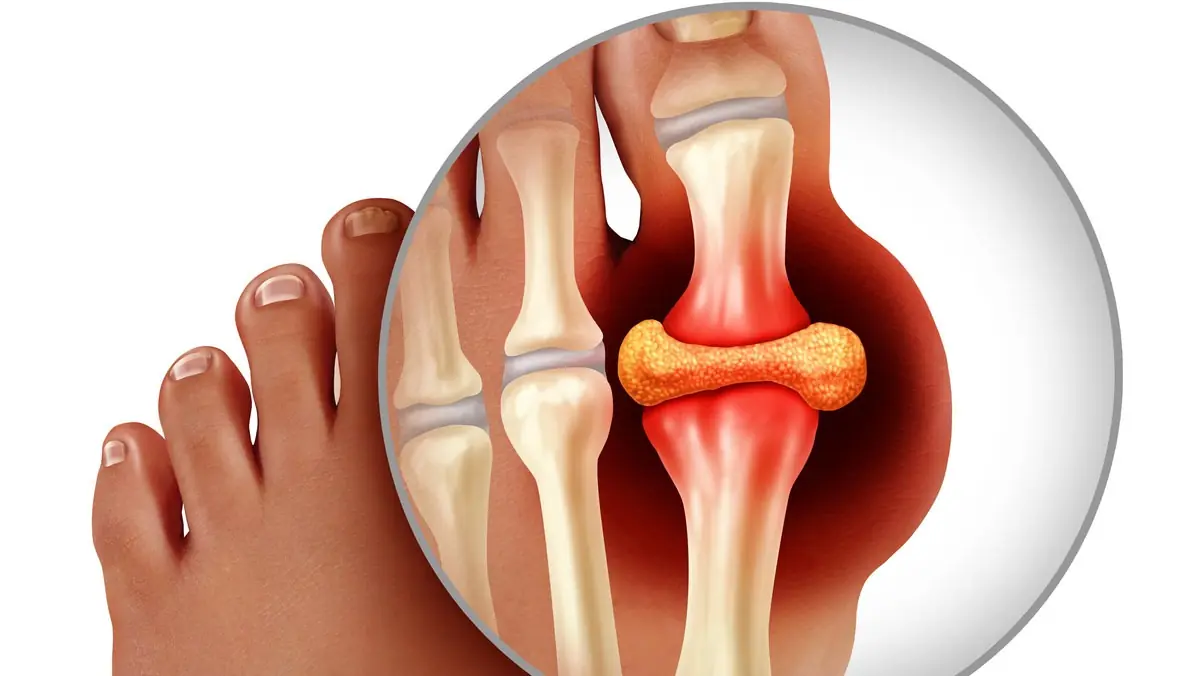
HIGH URIC ACID? SEE THE WARNING SIGNS & RELIEF TIPS

Prepare ginger this way to prevent cancer, reduce cholesterol and lower blood sugar levels!
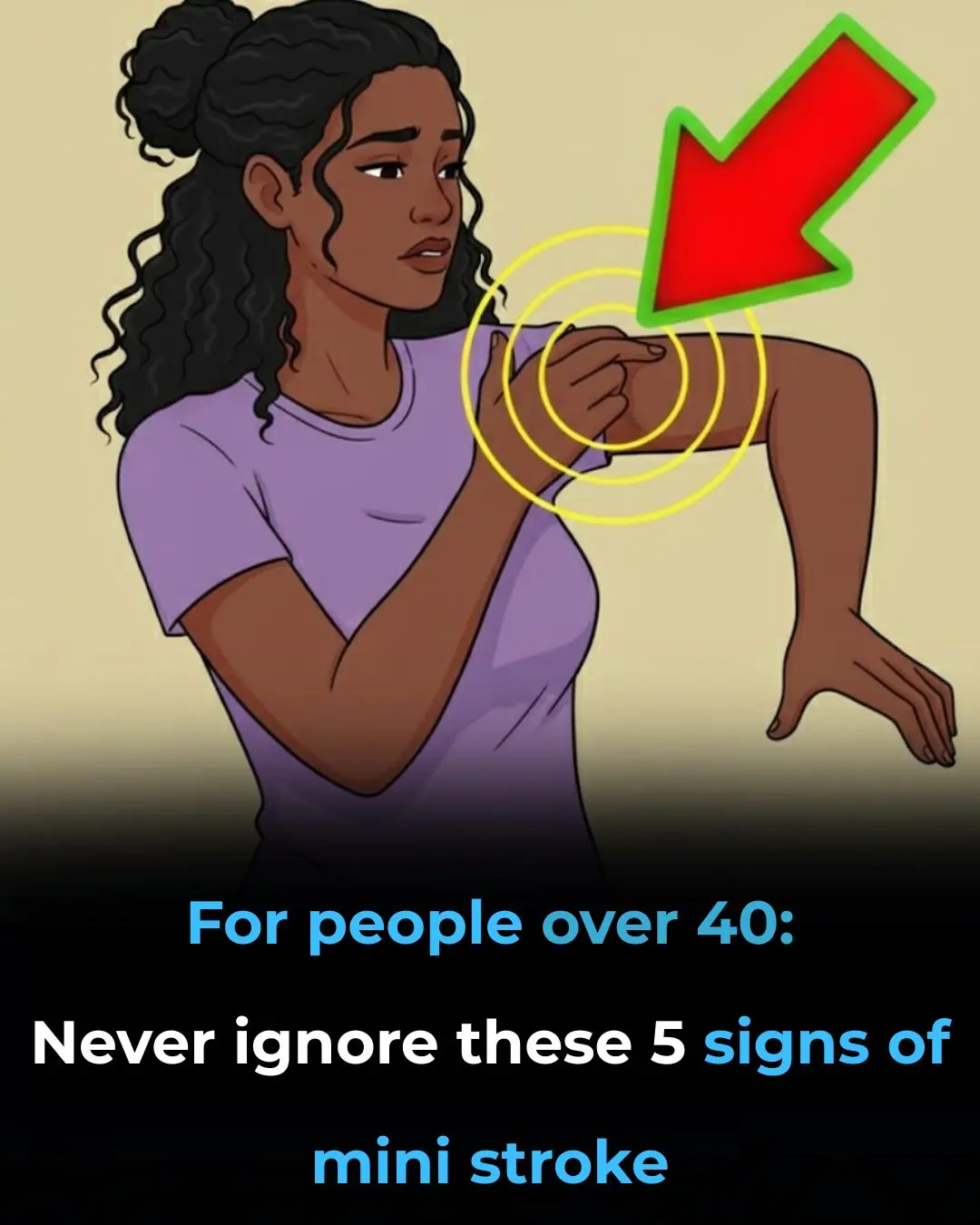
Mini Stroke in People Over 40

Doctors reveal that eating APPLES causes...

ALERT! 7 Early Signs Your Kidneys Are Crying for Help

Why You Shouldn’t Pluck Your Nose Hairs

Top 15 Bizarre Signs of Magnesium Deficiency You Need to Know

5 Foods That Can Damage Your Thyroid (Even Though They Look Healthy)
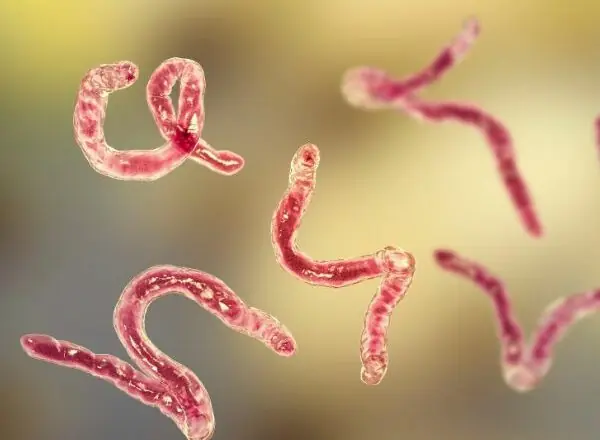
4 Powerful Remedies to Eliminate Parasites — #2 Will Surprise You!
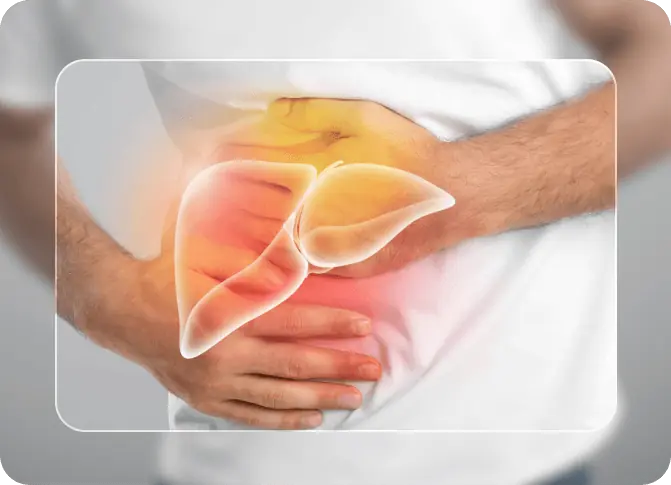
10 Early Warning Signs Your Liver Is in Trouble (Don’t Ignore #4!)

7 Heart-Healing Foods Your Cardiologist Won’t Tell You About

Say Goodbye to Joint and Bone Pain Naturally with This Ancient Herbal Remedy

What Happens If You Consume Raw Garlic Daily
News Post

Expert, 95 Years Old with 60 Years of Cancer Research Reveals: You Must Avoid These 4 Things So Cancer Doesn’t Come Knocking

Sharp Pain in Ear: Causes, Treatments and When to See a Doctor

Each Tooth Is Associated With An Organ In The Body – Pain In Each Tooth Can Predict Problems In Certain Organs

Here’s the secret why everyone puts avocados on the fire!

Amazing vitamin can help stop cancer growth and this is how much you need
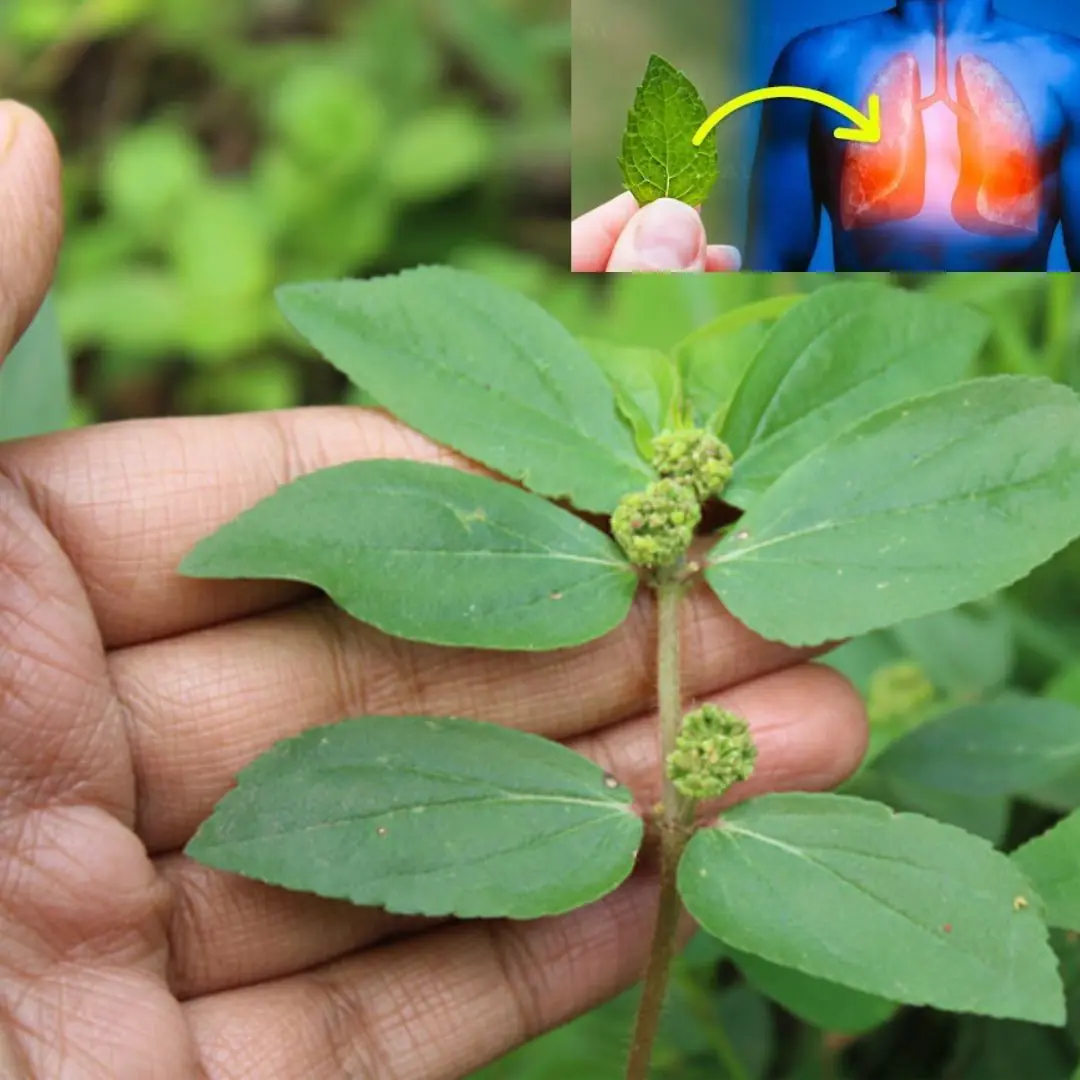
Euphorbia Hirta: 30 Benefits and How to Use It Safely

THE BEST HOME REMEDIES THAT END CONSTIPATION FAST AND NATURALLY

Lady places cup of vinegar into microwave. Here’s the genius reason why

Say Goodbye to Diabetes, Fatty Liver, and Joint Pain with This Powerful Remedy!

My nana taught me this hack to remove hard water stains in 2 mins with 0 work. Here’s how it works

🕷️ Little Black Bugs in the Bathroom? Here’s What They Are & How to Get Rid of Them for Good

Choose a Nail to Discover What Kind of Woman You Are

Never Do These 15 Things for a Man (Even If You’re Madly in Love With Him)
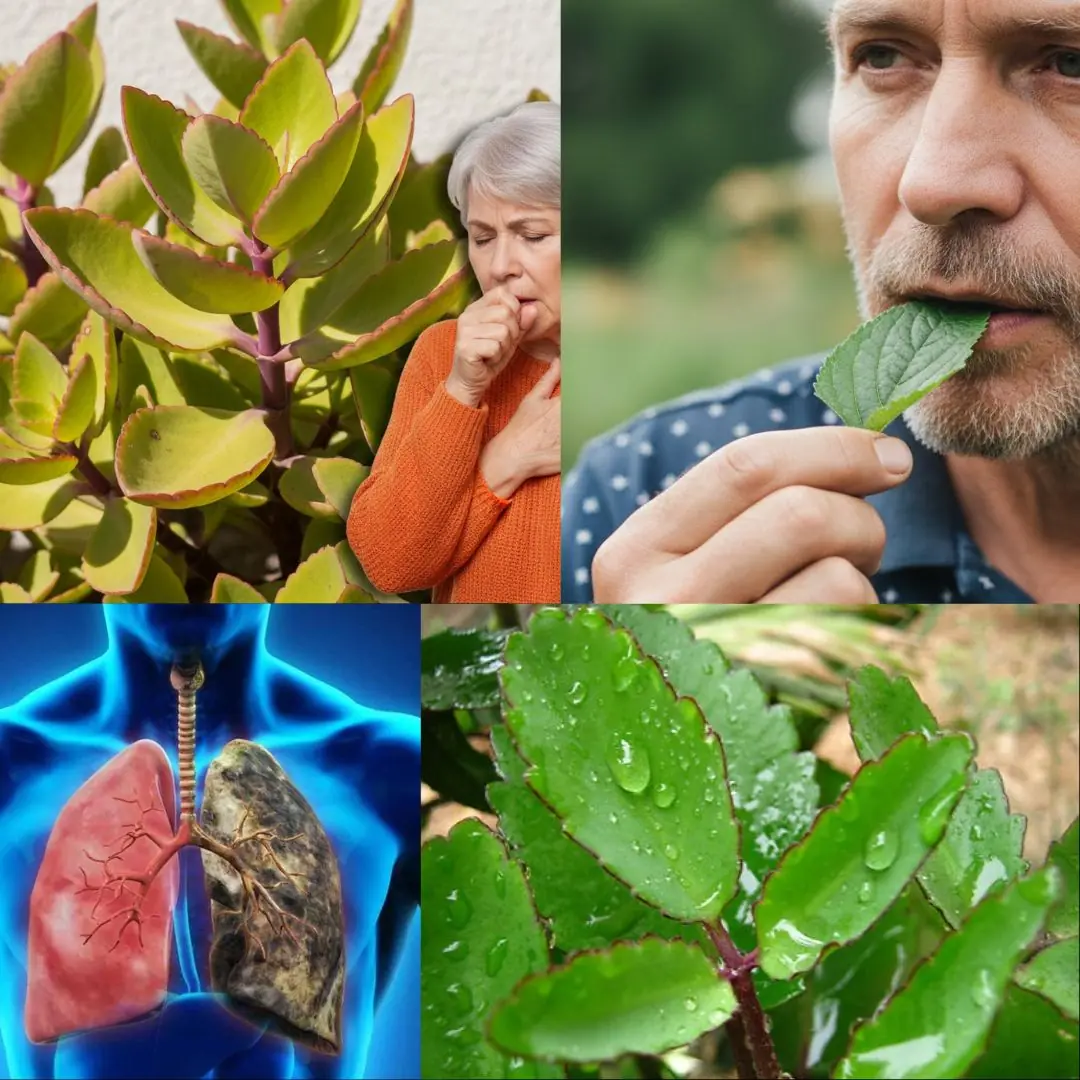
11 Surprising Benefits of The Miracle Leaf of Life

What an Unusual Odor in the Intimate Area Reveals: Signs You Shouldn’t Ignore
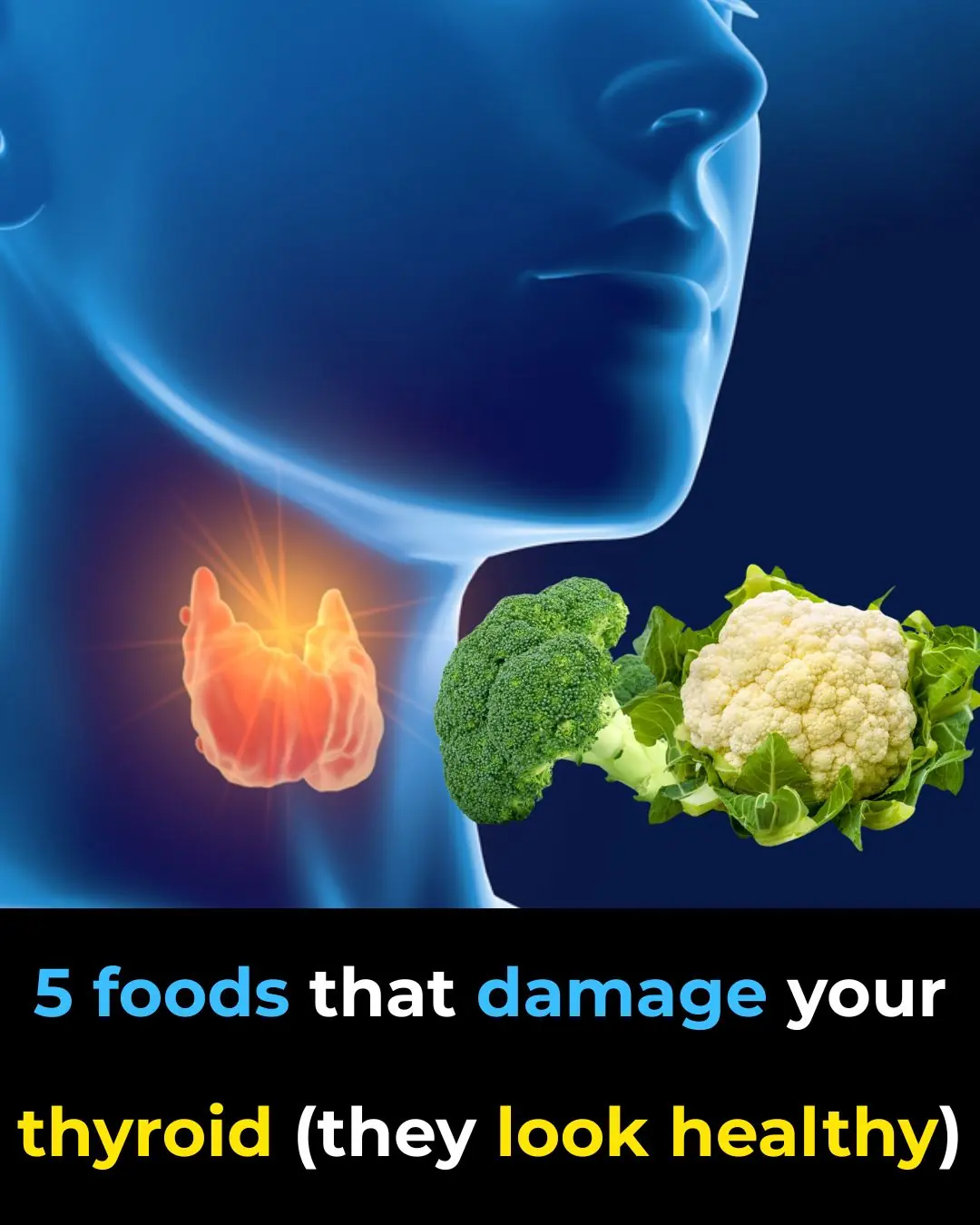
5 foods that damage your thyroid (they look healthy)

Stop wasting freezer space on these 10 foods

HIGH URIC ACID? SEE THE WARNING SIGNS & RELIEF TIPS

Prepare ginger this way to prevent cancer, reduce cholesterol and lower blood sugar levels!
